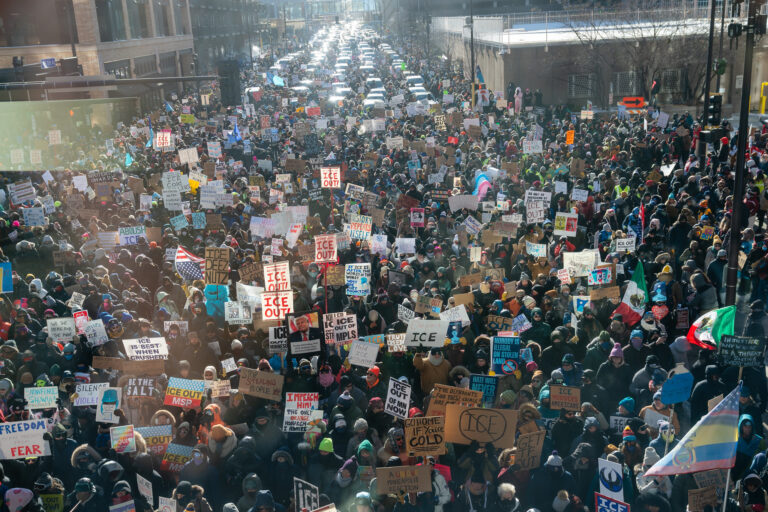
Andrew Strom is a union lawyer based in New York City. He is also an adjunct professor at Brooklyn Law School.
Among the scariest images of Hurricane Irma were two collapsed cranes at construction sites in Miami. If you’re wondering why Miami doesn’t have stricter laws regulating construction cranes, the answer is that when Miami enacted a law requiring cranes to withstand 140 mile per hour winds, the Associated Builders and Contractors, an association of non-union construction companies sued and stopped the law from going into effect.
Most cranes in the United States are only built to withstand winds of 93 miles per hour. But, in 2008, Miami-Dade County wisely realized that in a hurricane-prone region, it would make sense to impose stricter standards. The County decided that tower cranes should withstand wind loads of 140 miles per hour. Instead of accepting the wind load standard, the Associated Builders and Contractors sued, arguing that the federal Occupational Safety and Health Act preempted the local ordinance. The County argued that even if local workplace health and safety laws are ordinarily preempted, these standards should not be because “failing cranes kill people, workers and non-workers alike.” The County argued that particularly during hurricanes, the new standard was directed at public safety, not occupational safety.
But, the three judge panel on the Eleventh Circuit Court of Appeals rejected the County’s argument. The judges pointed out that construction sites are typically closed to the public, and “the County failed to identify a single incident in which a crane accident injured a member of the general public during a hurricane.” In other words, instead of taking precautionary measures, the County should have waited for someone to die, and then, perhaps the regulation would pass muster. I’d like to think the Eleventh Circuit judges are having second thoughts about that opinion.









Daily News & Commentary
Start your day with our roundup of the latest labor developments. See all
February 5
Minnesota schools and teachers sue to limit ICE presence near schools; labor leaders call on Newsom to protect workers from AI; UAW and Volkswagen reach a tentative agreement.
February 4
Lawsuit challenges Trump Gold Card; insurance coverage of fertility services; moratorium on layoffs for federal workers extended
February 3
In today’s news and commentary, Bloomberg reports on a drop in unionization, Starbucks challenges an NLRB ruling, and a federal judge blocks DHS termination of protections for Haitian migrants. Volatile economic conditions and a shifting political climate drove new union membership sharply lower in 2025, according to a Bloomberg Law report analyzing trends in labor […]
February 2
Amazon announces layoffs; Trump picks BLS commissioner; DOL authorizes supplemental H-2B visas.
February 1
The moratorium blocking the Trump Administration from implementing Reductions in Force (RIFs) against federal workers expires, and workers throughout the country protest to defund ICE.
January 30
Multiple unions endorse a national general strike, and tech companies spend millions on ad campaigns for data centers.